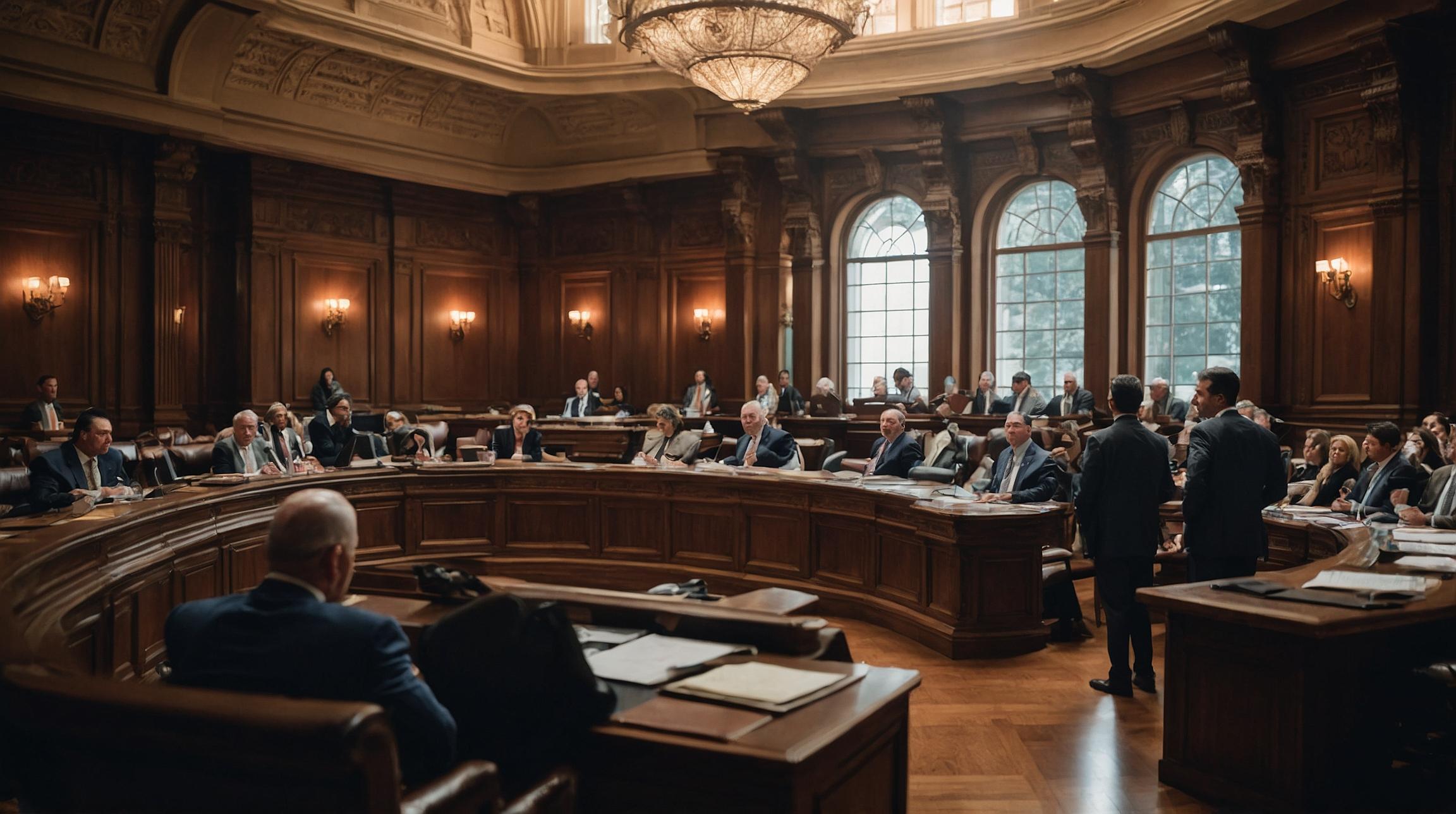California's AI Safety Legislation
Artificial intelligence has become an integral part of the technology landscape, offering incredible potential but also posing significant risks. In response to these risks, California has proposed a bill – SB 1047 – requiring AI companies to conduct safety tests to prevent "catastrophic harm." This could involve preventing cyberattacks that may lead to mass casualties or cause at least $500 million in damage.
Impact on AI Companies
The bill targets AI models that meet specific computing power thresholds and cost over $100 million to train. This puts major AI operations such as OpenAI’s GPT-4 squarely within its scope. Compliance is mandatory for any company doing business in California, potentially affecting how these companies operate globally.
Industry Concerns
While some figures within the AI sector advocate for regulation, they argue that it should be enacted at the federal level. The current bill, they claim, imposes vague requirements that could stifle innovation. Luther Lowe of Y Combinator stated, "If it were to go into effect as written, it would have a chilling effect on innovation in California."
Reactions from Tech Giants
Leading tech companies such as Meta and OpenAI have expressed concerns, while Google, Anthropic, and Microsoft have suggested extensive revisions. These companies fear that the bill’s requirements may limit their ability to innovate and compete.
Legislative Process and Potential Outcome
Drafted by state Sen. Scott Weiner, SB 1047 still awaits approval from the full California Assembly. Weiner points out that some tech sector voices oppose any form of regulation, even when it is mild and well-intentioned.
Voluntary Commitments and Global Concerns
Despite resistance to SB 1047, at least 16 AI companies have joined the White House’s voluntary commitment to safe AI development. This involves measures to better understand the risks and ethical considerations of AI technologies while ensuring transparency and minimizing misuse.
In a global context, competition authorities from the United States, the United Kingdom, and the European Union recently issued a joint statement highlighting concerns about market concentration and anti-competitive practices within the generative AI sector. This underscores the broader regulatory challenges facing AI globally, beyond California’s legislative efforts.













